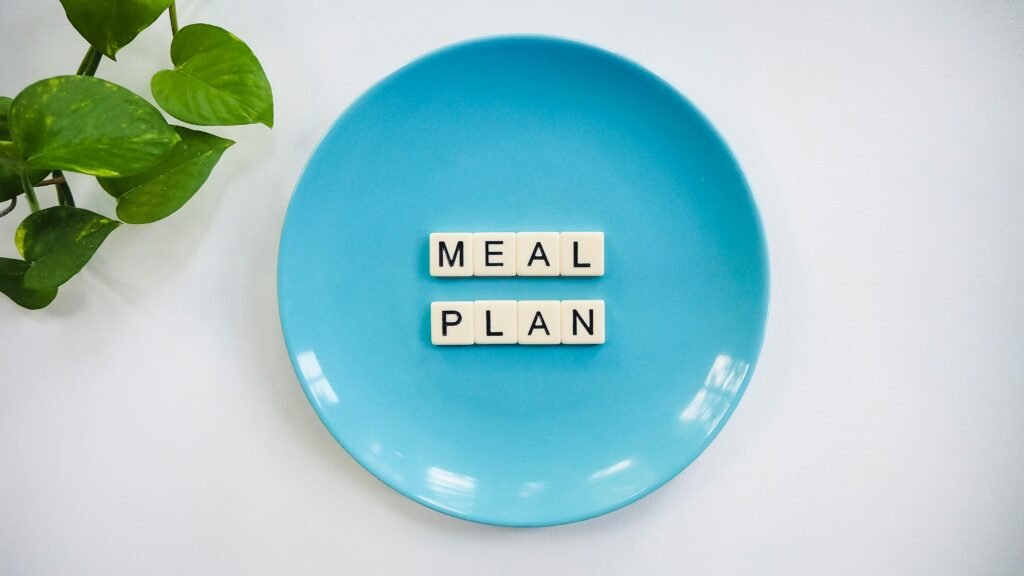The Ultimate Guide to University Meal Plans in the UK

Heading off to university in the UK comes with loads of changes—new friends, new classes, and, of course, new ways of eating. For many students, figuring out what to eat (and how to pay for it) can be just as stressful as keeping up with coursework. That’s where university meal plans step in.
These plans are designed to make student life easier by covering meals through prepaid systems, dining halls, or flexible catering options. But as of 2025, meal plans have changed a lot. From cashless cards to app-based ordering and more plant-based choices, the options are bigger than ever.
So, let’s walk through everything you need to know about university meal plans—how they work, what’s included, and how to make the most of them without breaking the bank.
What Are University Meal Plans in the UK?
First things first, university meal plans aren’t the same everywhere. Unlike in the US, where most universities bundle them into tuition, UK universities usually offer a choice.
Here’s what you’ll typically find:
- Catered Halls: Your accommodation includes a set number of meals per week, usually breakfast and dinner, served in a dining hall.
- Flexible Meal Cards: Instead of set meals, some universities give you a prepaid card or app credit to spend at cafés, canteens, and food outlets on campus.
- Self-Catered Halls: You cook your own meals, but sometimes universities offer optional meal packages to mix and match.
To see how different universities handle catering, you can check out UCAS, which explains accommodation types and meal options.
The Pros of University Meal Plans
Now, why do students pick meal plans in the first place? Here are some of the biggest perks:
- Convenience – No need to worry about shopping or cooking after a long day of lectures.
- Budget Control – Because you prepay, it’s easier to manage money and avoid overspending on takeaway.
- Healthy Choices – Dining halls often provide balanced meals and cater to a range of diets, including vegan, halal, and gluten-free.
- Community Vibes – Eating in halls can be social, making it easier to meet people in your first year.
The Cons to Watch Out For
Of course, there are downsides too.
- Less Flexibility: If you like cooking or eating out, a set meal plan might feel restrictive.
- Food Quality Varies: Some universities do it better than others.
- Fixed Times: Meal times may not always match your lecture schedule.
- Unused Meals: If you miss dinner because of a society event, you might lose that meal credit.
So, while university meal plans can be helpful, they’re not perfect for everyone.
How Meal Plans Work in 2025
Over the last few years, meal plans have gone digital. Instead of old-school paper vouchers, most universities now use contactless cards or apps.
- Top-Up Apps: Students can load credit, check balances, and track spending from their phones.
- Cashless Campus: Many UK universities have gone completely cashless, so these systems are now standard.
- Meal Flexibility: Some plans let you choose where to spend credit—whether that’s in the main dining hall, a campus café, or even vending machines stocked with healthier snacks.
This tech-driven system means less queuing, more flexibility, and fewer lost vouchers.
Budgeting with University Meal Plans
Given the rising cost of living in the UK, budgeting has never been more important. So, how do meal plans fit into the picture?
- Compare the Cost: Work out how much you’d spend cooking for yourself vs. what’s included in the plan.
- Check What’s Covered: Some plans only include weekday meals, while others include weekends too.
- Avoid Double Spending: If you’ve already paid for meals, try not to spend extra on takeaways unless it’s a treat.
- Use Every Credit: If your plan is flexible, use every penny. Don’t let credit go unused—it’s your money.
For student budgeting tips, have a look at Save the Student, a trusted site that covers student money hacks in the UK.
Dietary Needs and Inclusivity
Thankfully, most university meal plans in the UK have become far more inclusive. As of 2025:
- Vegan and vegetarian options are widely available.
- Halal and kosher meals are offered at many universities.
- Gluten-free and allergy-friendly meals are labelled clearly.
On top of that, universities are responding to demand for more sustainable and plant-based menus, so you’ll often see meat-free Mondays or climate-friendly dishes.
Tips to Make the Most of Your University Meal Plan
To get the best value out of your meal plan, try these simple tips:
- Plan Around Your Schedule: If your dinner clashes with sports training, see if you can grab a takeaway box earlier.
- Mix It Up: Don’t eat the same thing every day—explore the full menu to avoid food fatigue.
- Socialise Over Meals: Eating in the dining hall is a great way to make friends.
- Give Feedback: Universities often welcome suggestions. If the veggie options are boring, speak up.
FAQs About University Meal Plans
1. Do all UK universities offer meal plans?
Not all. Some are fully catered, others self-catered, and many give you a choice.
2. Are meal plans cheaper than cooking?
Sometimes. It depends on how much you’d spend at the supermarket and whether you’d cook from scratch or rely on takeaways.
3. Can international students use meal plans?
Yes, and they’re often recommended for international students who want an easier transition into UK student life.
4. What happens if I miss a meal?
It depends on your university. Some let you roll over credit, while others don’t.
5. Can I switch meal plans later?
In many cases, yes, but there’s usually a deadline at the start of term.
Final Thoughts
To sum it all up, university meal plans in the UK are a convenient way to handle food while adjusting to student life. They save time, make budgeting easier, and often give you healthy options without the stress of cooking.
On the other hand, they’re not for everyone. If you value flexibility and love experimenting in the kitchen, you might prefer self-catering.
The key is to weigh the pros and cons, look at costs carefully, and pick the option that fits your lifestyle. With digital systems, dietary inclusivity, and more variety than ever, meal plans in 2025 are much smarter and more student-friendly than before.
So, before you decide, ask yourself: do I want convenience and structure, or freedom and flexibility? Either way, with a bit of planning, you’ll find a system that works for you.




